UPSC Exams
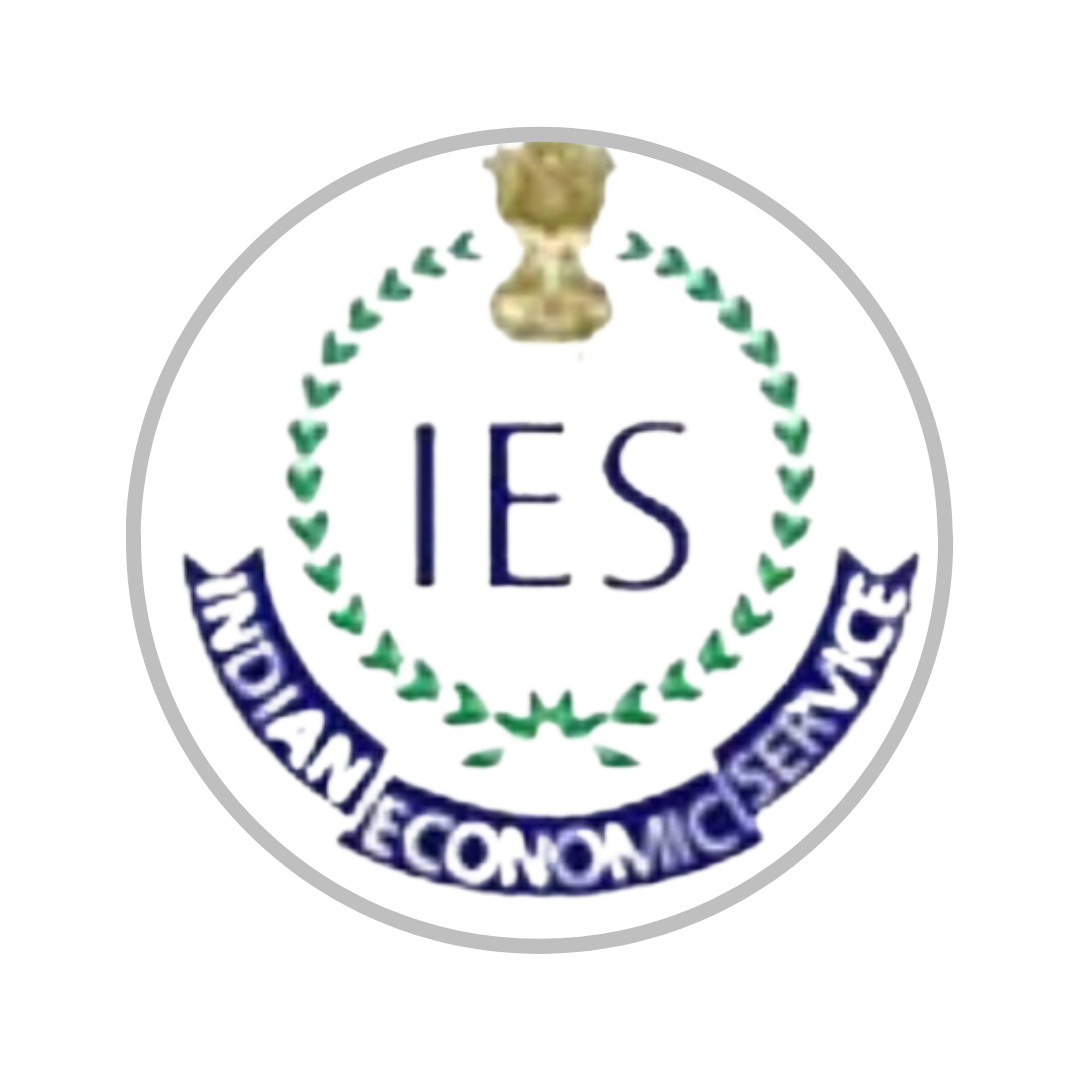
Indian Economic Service (IES)/ Indian Statistical Service (ISS)
Overview
Another exam conducted by The Union Public Service Commission is Indian Economic Service(IES) and Indian Statistical Service(ISS) exams. Candidates who aspire to pursue careers in economics and statistics within the government sector prepare for this exam.
The IES offers job positions in various government departments and ministries, including the Ministry of Finance, Planning Commission, and others while ISS recruits officers for statistics dept of Govt. sector.
Eligibillity
Candidates must meet certain eligibility criteria in terms of age, educational qualification, and nationality as specified by IBPS
The syllabus for IBPS Clerk exam typically covers topics such as English Language, Numerical Ability, Reasoning Ability, General Awareness, and Computer Knowledge.
Candidates need to register online for the exam by filling out the application form on the official IBPS website within the specified dates
The score obtained in the IBPS Clerk exam is valid for one year.
Exam Patterns
- The exam has two phases; Written and Interview. Written examination contains both essay type and multiple-choice questions (MCQs).
- For IES, questions from General English, General Studies, General Economics-I, General Economics-II, General Economics-III, Indian Economics are framed to assess in-depth subject knowledge.
- For ISS questions are covered from the subjects like General English, General Studies, Statistics-I (Objective), Statistics-II (Objective), Statistics-III (Descriptive), Statistics-IV (Descriptive).
- Interview assesses candidate’s suitability for the desired posts by judging personality, knowledge, and overall performance.
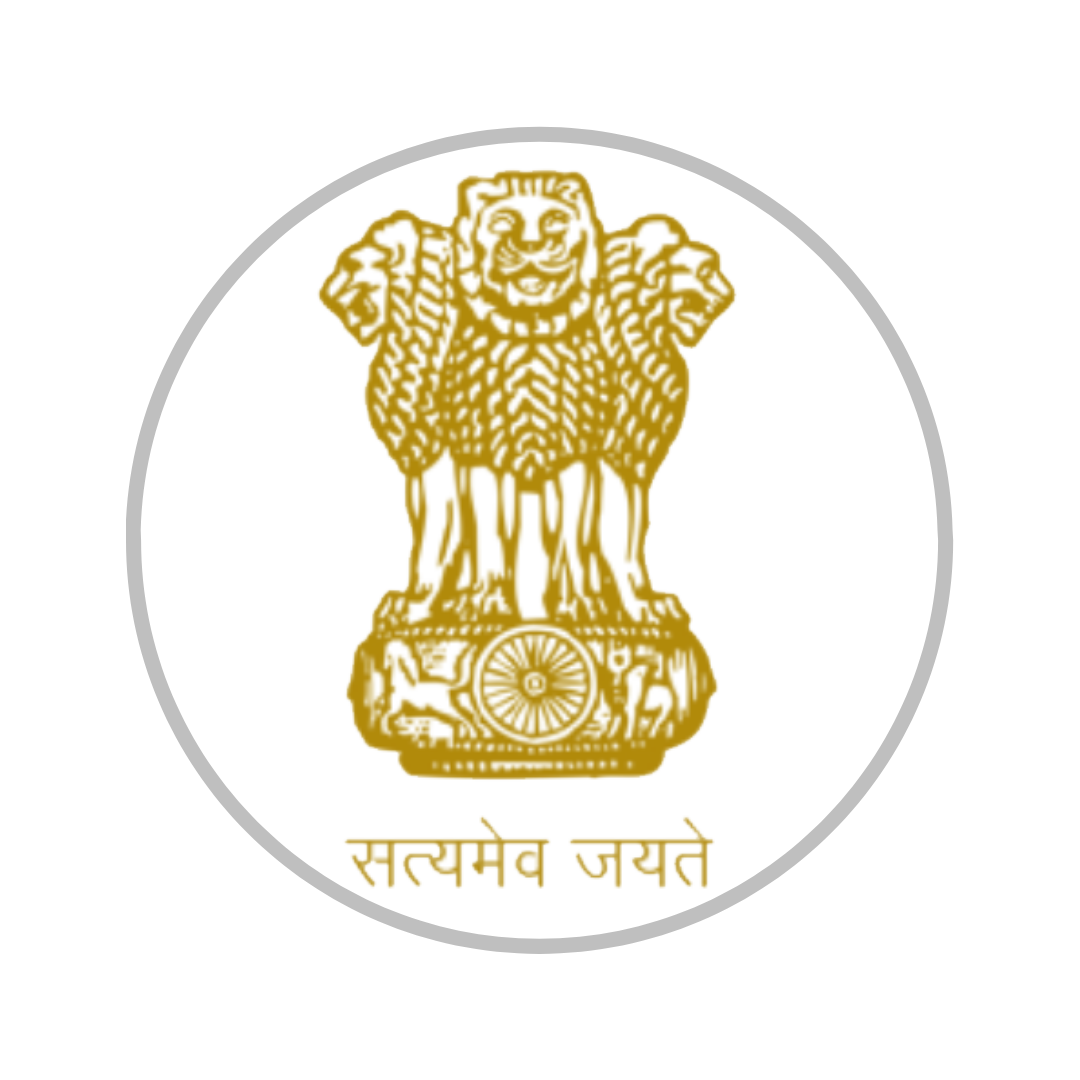
Central Armed Police Forces (CAPF) Examination
Overview
The recruitment of Assistant Commandants(AC) in various Central Armed Police Forces like the BSF(Border Security Force), CRPF(Central Reserve Police Force), CISF(Central Industrial Security Force), ITBP (Indo-Tibetan Border Police) etc. are done by conducting special exam commonly known as Central Armed Police Forces (CAPF) Examination. The exam is organized every year by UPSC to recruit Assistant Commandants.
Eligibillity
- Citizenship of the Candidates must be Indian.
- He/She must be in between 20 to 25 years of age. Relaxation in age for certain categories are provided as per government rules.
- Candidates must hold a bachelor’s degree from a recognized university or equivalent.
Exam Patterns
The CAPF exam pattern include following stages;
- Written examination: It consists of two papers namely,
Paper I (General Ability and Intelligence)
Paper II (General Studies, Essay, and Comprehension)
- Physical standards/physical efficiency tests (PST/PET)
- Medical standards tests
- Interview: Personality assessment

Combined Defense Services Examination (CDS)
Overview
CDS exam is a vision of the candidate who aspires to serve in Indian Armed forces. For recruiting Indian Military Academy (IMA), Indian Naval Academy (INA), Air Force Academy (AFA), and Officers Training Academy (OTA), the UPSC of India conducts one of the most prestigious examinations. The Combined Defense Services Examination (CDS) is highly competitive exam and require rigorous training and in-depth study of main subjects. The written test covers subjects like English, General Knowledge, and Elementary Mathematics. The candidates who clear written test have to then appear in interview conducted by the Service Selection Board (SSB).
Eligibillity
The Criteria for various officers differ in terms of age, educational qualification, nationality, marital status etc.
- Indian Military Academy (IMA): A Degree from recognized university or its equivalent, age should be in between 19-24, marital status is unmarried.
- Indian Naval Academy (INA): B. Tech/ BE from recognized university or its equivalent, age should be in between 19-24, marital status is unmarried.
- Air Force Academy (AFA): B. Tech/ BE from recognized university or its equivalent, age should be in between 20-24
- Officers Training Academy (OTA): A Degree from recognized university or its equivalent, age should be in between 19-25, marital status is unmarried. Widowed and Divorced female candidates can also apply with certain norm laid by the agency.
- Physical and Medical test as per standards.
Exam Patterns
- The exam is conducted offline consisting multiple-choice questions (MCQs).
- Written test is conducted by UPSC which is followed by SSB Interview to assess Intelligence and Personality of prospective army officers.
- The exam pattern of CDS OTA is somewhat different to the other three ( INA, AFA, and IMA). The detail information can be sought from the official notification.
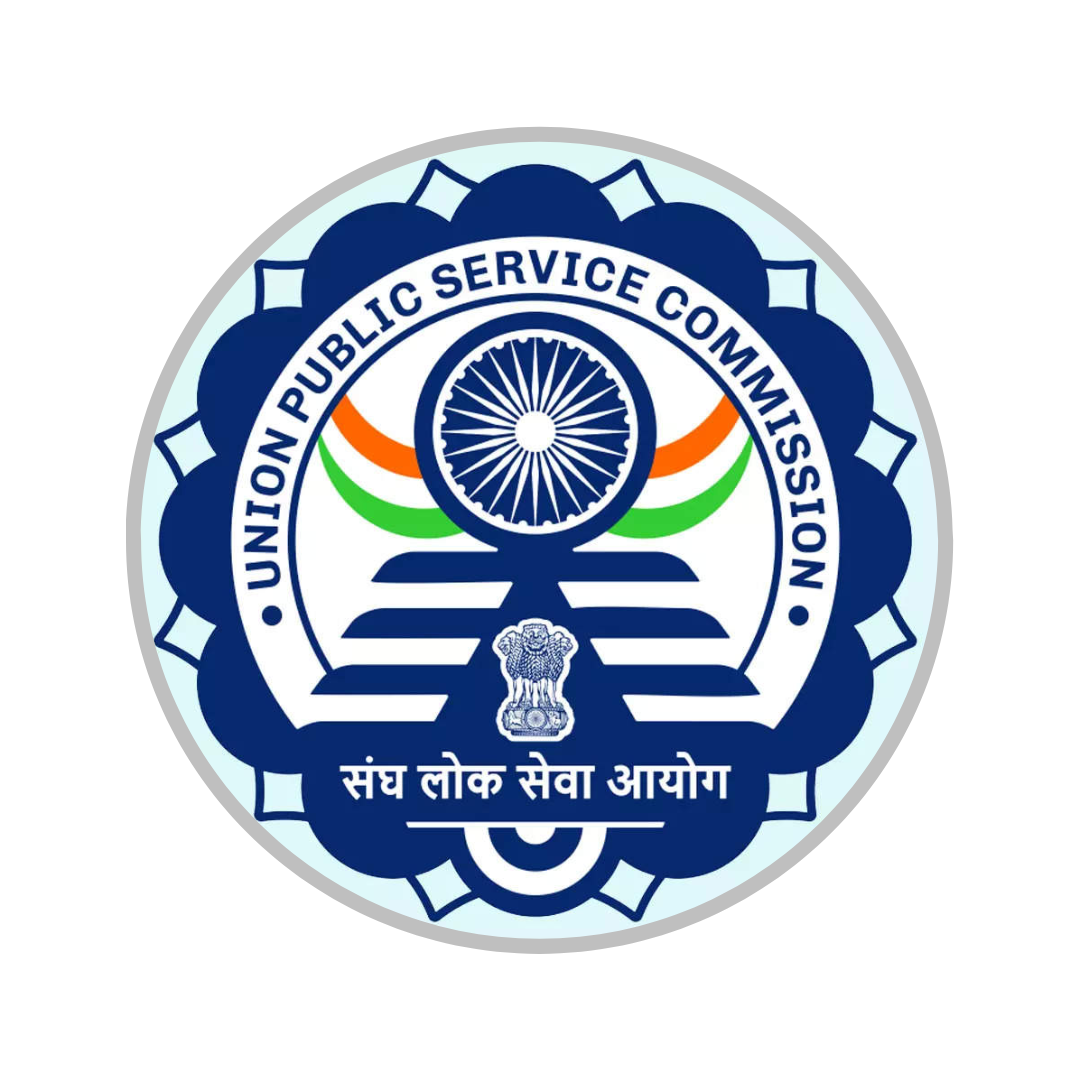
Civil Services Examination (CSE)
Overview
The Civil Services Examination (CSE) is a highly competitive exam held all over the country to recruit officers of high rank by Union Public Service Commission (UPSC). It is India’s one of the toughest exam having very low success rate.
The candidates face exams for following Indian services:
- Indian Administrative Service (IAS)
- Indian Foreign Service (IFS)
- Indian Police Service (IPS)
- Indian Revenue Service (IRS),
Eligibillity
- Candidates must possess bachelor’s degree in any stream from a recognized university or institution.
- He/She must be citizen of India, Nepal or Subject of Bhutan.
- The minimum age is 21 years, and the maximum is 32 years. Relaxation for reserved categories like SC/ST/OBC and other categories as per government norms.
- No of attempts to clear the exam is also fixed. For unreserved categories, it is 6 while for OBC, it is 9. For SC/ST, they may appear exam till they reach upper age limit as specified in the official notice.
- For more specific detail refer the official website of UPSC.
Exam Patterns
- The exam pattern for the UPSC CSE Exam typically includes two tiers:
Tier I: Preliminary Examination: This is an object type of exam having two papers including:
- General Studies Paper I: Questions are based on current events, the history of India and the Indian national movement, geography, economy of India, political system and governance, social development, environmental ecology, biodiversity, climate change, and general science, Art and culture etc.
- General Studies Paper II(CSAT or Civil Aptitude Test):It analyses candidate’s various skills like communication and interpersonal skills, English language and Reading comprehension, logical reasoning and analytical ability, decision-making and problem-solving approach. Questions on basic numeracy, data interpretation are also asked to check mental ability.
Tier II: Main Examination (Mains): It is a descriptive exam which tests profound knowledge of candidate through nine papers. First two papers are qualifying in nature. Other seven include Essay, four papers of General Studies and two papers of selected subjects. Forestry, Botany, Zoology, Chemistry, Physics, Agricultural Science, Agricultural Engineering, Civil Engineering, Chemical Engineering, Mechanical Engineering, and Environmental Science.
Tier III: Personality Test (Interview): The final selection of candidate for his civil service exam is made on the basis of his personality traits, ability to answer during personal Interview and impromptu approach.
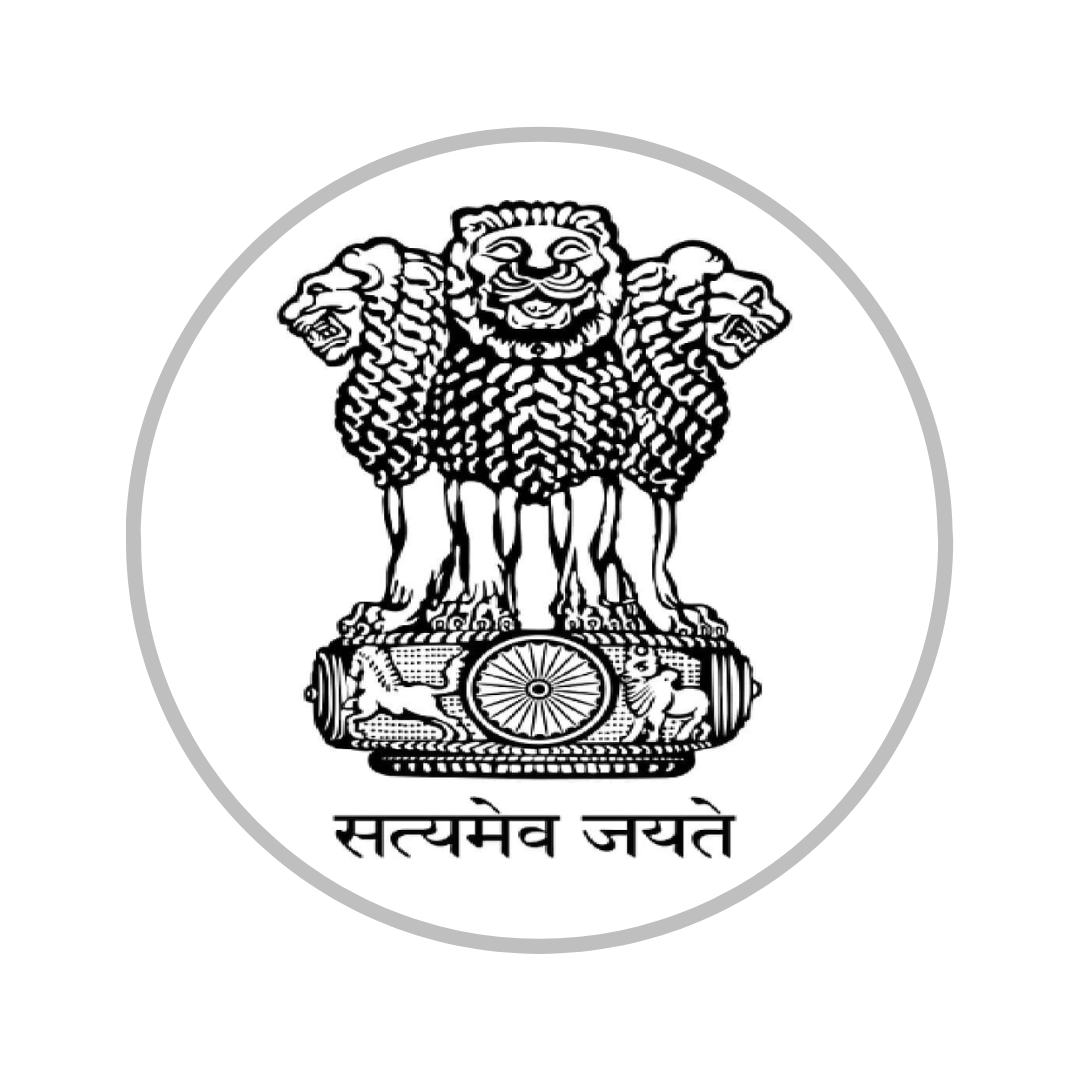
Combined Medical Services Examination (CMS)
Overview
The Union Public Service Commission (UPSC) annually conducts Combined Medical Services (CMS) examination to recruit medical officers for various prestigious government organizations like Indian Railways, Indian Ordnance Factories Health Service, etc. Passing the CMS exam is a big accomplishment for medical professionals in India as it offers career progression with stable work and lucrative schemes.
Eligibillity
-
- Nationality: Candidates must be citizens of India, or subjects of Nepal, Bhutan, or Tibetan refugees who came to India before January 1, 1962, with the intention of permanently settling in India or as per the mentioned in the official notification.
- Age Limit: Candidates must not be more than 32 years. Reserved categories have age relaxations as per govt. norms.
Educational Qualification: Candidates must have cleared all the written and practical papers of their final M.B.B.S. Examination
Exam Patterns
- Written Examination: The written examination is an objective type test which consists of two papers;
- Paper-I: General Medicine and Paediatrics
- Paper-II: Surgery, Gynaecology & Obstetrics, and Preventive & Social Medicine
- Personality Test (Interview): qualified candidates of written test are then interviewed to be appointed as Medical officers.

Indian Engineering Services (IES)
Overview
The Indian Engineering Services (IES) or Engineering Services Examination (ESE) examination is another highly reputed and most prestigious job in the govt. sector. The Union Public Service Commission (UPSC) of India directs and conducts IES test to recruit engineers for a wide range of technical jobs in government departments.
Engineering graduates who want to work in the field of engineering and technology and also want to serve their country look forward for this great career opportunity.
Eligibillity
- Candidates must possess bachelor’s degree in engineering (BTech) from a recognized university or institution.
- He/She must be citizen of India, Nepal or Subject of Bhutan.
- The minimum age is 21 years, and the maximum is 30 years. Relaxation for reserved categories like SC/ST/OBC and other categories as per government norms.
- For more specific detail refer the official notification of UPSC IES.
Exam Patterns
-
The exam pattern for the UPSC IES Exam typically includes Preliminary Examination, Main Examination (Mains) and Personality Test (Interview):
Phase I: The prelim is an object type of exam having two papers including:
- Paper I (General Studies and Engineering Aptitude)
- Paper II (Engineering Discipline-specific)
Phase II: Candidates who pass the IES preliminary test go on to prepare for the Mains, a subjective exam that consists entirely of conventional subjects from the candidate’s engineering discipline.
Phase III: The final selection of candidate for his IES exam is made on the basis of his personality traits, ability to answer during personal Interview and impromptu approach.
Final selection of the candidate is made on the basis of his score in Mains and interview.
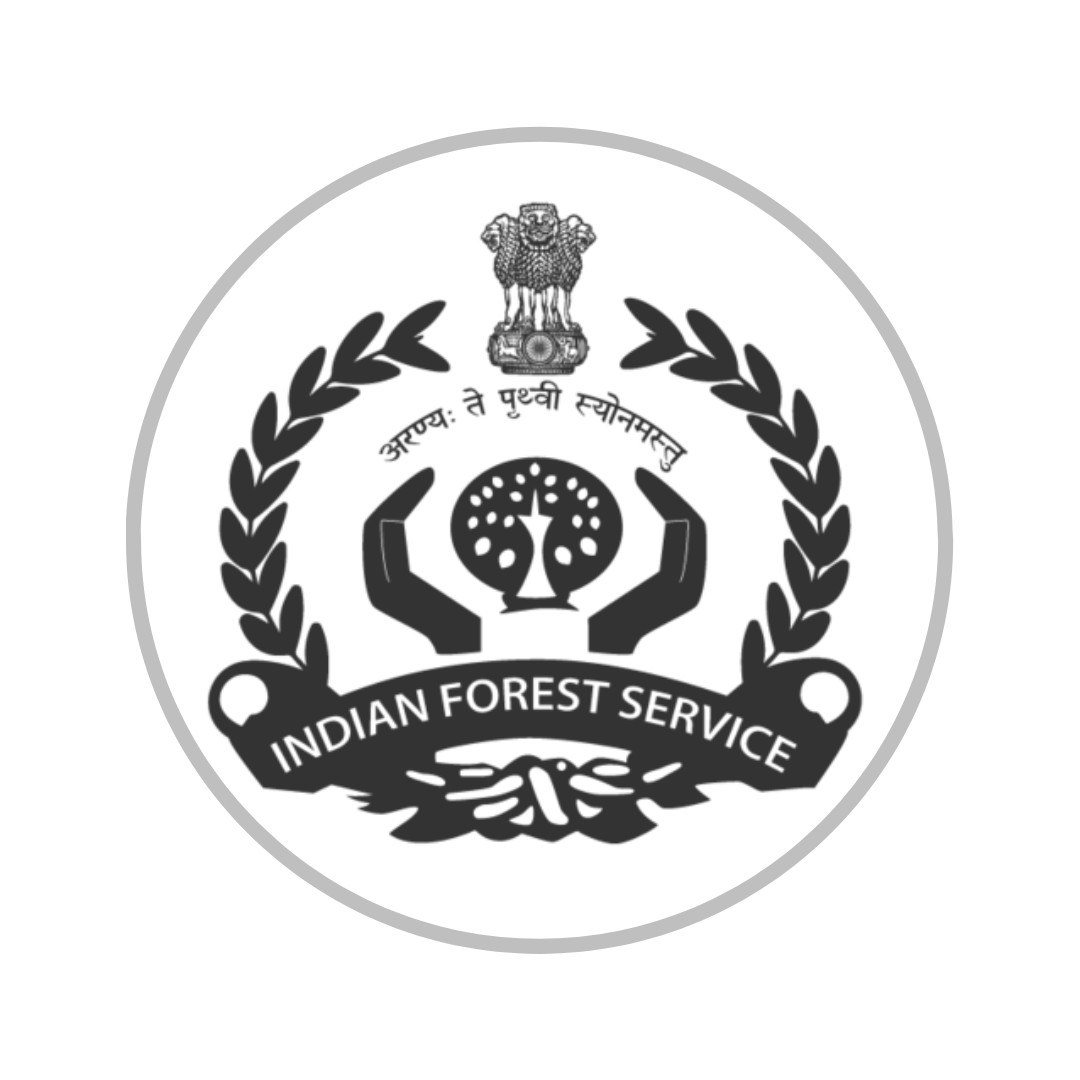
Indian Forest Service Examination (IFoS)
Overview
The Indian Forest Service Examination (IFoS) is another prominent cutthroat examination by UPSC which recruits officers on various positions in the Indian Forest Service. The officers recruited offer their services both in Central and State govt.
It is a 2 tier examination akin to the pattern of the Civil Services examination.
Eligibillity
-
- Candidates must possess bachelor’s degree with at least one of the subjects, specifically, Animal Husbandry & Veterinary Science, Botany, Chemistry, Geology, Mathematics, Physics, Statistics, and Zoology, or a Bachelor’s degree in Agriculture, Forestry, or in Engineering from any recognized university
- He/She must be citizen of India, Nepal or Subject of Bhutan.
- The minimum age is 21 years, and the maximum is 32 years. Relaxation for reserved categories like SC/ST/OBC and other categories as per government norms.
- No of attempts to clear the exam is also fixed. For unreserved categories, it is 6 while for OBC, it is 9. For SC/ST, they may appear exam till they reach upper age limit as specified in the official notice.
- Applicants who appear for IFS are subject to clear Physical Eligibility test as specified in the notice.
- For more specific detail refer the official website of UPSC.
Exam Patterns
-
The exam pattern for IFoS is similar to that of two tiers Exam of UPSC CSE. Candidates have to go through preliminary, mains and interview to seek desired position in IFS dept.
Tier I: Preliminary Examination: This is an object type of exam having two papers including:
- General Studies Paper I:
- General Studies Paper II(CSAT or Civil Aptitude Test):
Tier II: Main Examination (Mains)
Tier III: Personality Test (Interview)
The syllabus typically includes subject like Forestry, Botany, Zoology, Chemistry, Physics, Agricultural Science, Agricultural Engineering, Civil Engineering, Chemical Engineering, Mechanical Engineering, and Environmental Science.
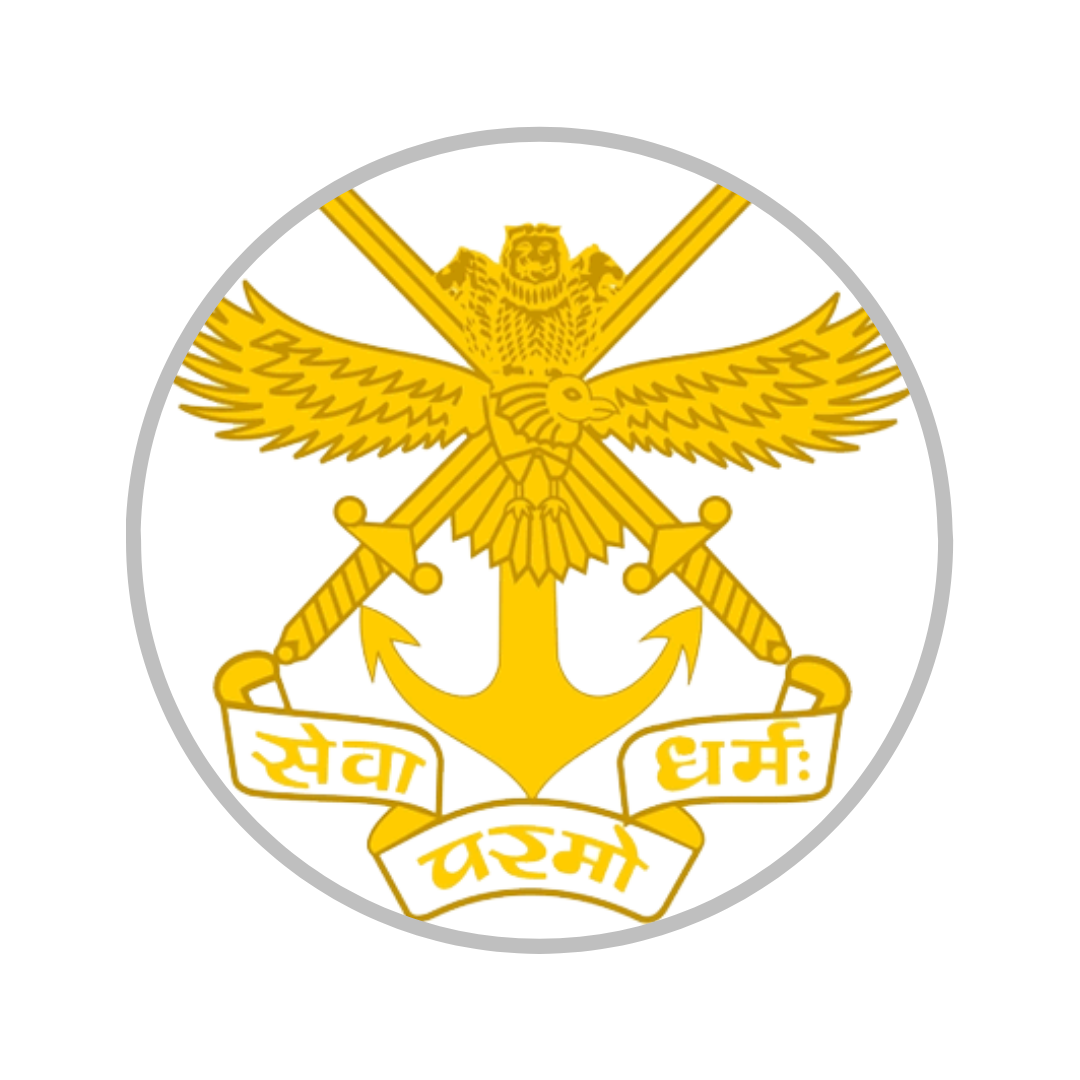
National Defense Academy (NDA)
Overview
Union Public Service Commission (UPSC) of India conducts an entrance exam, commonly known as National Defense Academy (NDA). Candidates who aim to join the Indian Armed Forces (Army, Navy, and Air Force) prepare for this another competitive exam.
The exam is held twice a year, usually in the month April and September which follows the similar pattern as of CDS containing written test and SSB interview. After being selected, successful applicants receive training at the NDA in Pune, Maharashtra’s Khadakwasla. They are commissioned as officers into their respective services after completing their training.
Eligibillity
-
-
- Nationality: Candidates must be citizens of India, or subjects of Nepal, Bhutan, or Tibetan refugees who came to India before January 1, 1962, with the intention of permanently settling in India or as per the mentioned in the official notification.
- Age Limit: Candidates must be between 16.5 to 19.5 years old. Reserved categories have age relaxations as per govt. norms.
- Educational Qualification:
- Army Wing of NDA: 10+2 or equivalent examination from a recognized board or university.
- Air Force and Naval Wings of NDA and for the 10+2 Cadet Entry Scheme at the Indian Naval Academy: 10+2 or equivalent examination with Physics and Mathematics as compulsory subjects.
- Marital Status: Unmarried male and female candidates can apply. Candidates are not allowed to get married till they complete training period in academy.
-
Exam Patterns
- Written Examination: The written examination is an objective type test which consists of two papers;
- Paper-I: General Medicine and Paediatrics
- Paper-II: Surgery, Gynaecology & Obstetrics, and Preventive & Social Medicine
- Personality Test (Interview): qualified candidates of written test are then interviewed to be appointed as Medical officers.
